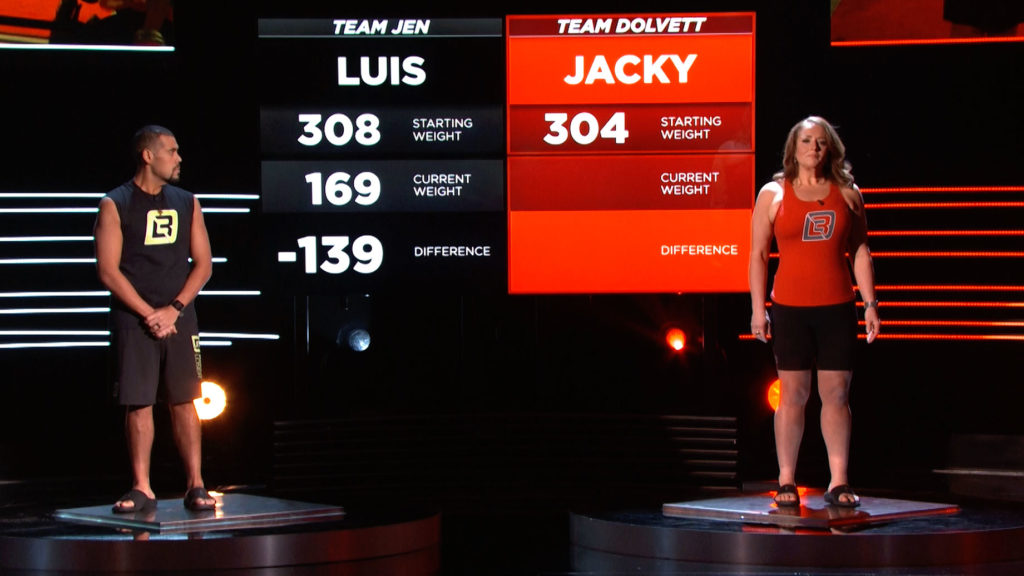
I was a huge fan of the show the Biggest Loser when it first came out in 2004. As a new clinician I was impressed, amazed and dazzled by the rapid and transformations that these people were making.
My background is in Human Nutrition, and I was traditionally trained that measuring calories in and calories out with increased exercise was the preferred method for weight loss. So at the time, this show and their methods really spoke to me.
Over the years I have been enlightened through both education and having the privilege of working with thousands of patients that metabolism is much more complicated than this simplistic model. A person’s ability to lose weight is a complex interaction of calories, hormones, gut microbiome and basic biology of the body wanting to maintain homeostasis. Basically the body makes it quite challenging for you to lose weight, and makes it even harder to be able to maintain it.
A recent study has looked at contestants from Season 8 of the Biggest Loser six years after the show ended to see if they were able to maintain their weight loss. Sadly, most of the contestants have regained their weight and in addition have also reduced their resting metabolisms. This means that now these people burn less calories at rest than before they started the show.
When the show began, the contestants, though hugely overweight, had normal metabolisms for their size, meaning they were burning a normal number of calories for people of their weight. When it ended, their metabolisms had slowed radically and their bodies were not burning enough calories to maintain their thinner sizes.
Most people that diet and lose weight will have slower metabolisms when the diet ends. What shocked researchers in this study was that as the years went by and the numbers on the scale climbed, the contestants’ metabolisms did not recover. They became even slower, and the pounds kept piling on. Slower metabolisms were not the only reason the contestants regained weight, though. They constantly battled hunger, cravings and binges.
Although I have never been involved as a researcher in these weight loss studies, I see this every day in clinic. Slow and steady always wins the race!!
Since my initial days of being impressed by the show’s rapid transformations, I now tend to curse them. Between these examples and the diet industry encouraging people that they are able to lose 20lbs in a week, it puts unrealistic and dangerous expectations in people’s minds.
My weight loss approach:
1. You must feel great on a program. Things like hunger, cravings, sleep, and energy must all be in check for you to remain successful. If you feel great, you are not using willpower to stay on the plan and you have more reasons than just weight loss to keep doing it.
2.We never focus on calories, but instead talk about foods that should be consumed in higher quantities, and those that should be consumed less often.
3. You need to have free meals. That is, it is important for you to get on and off a plan and allow your body to indulge. Remember this is a plan that you are going to do FOREVER!
4. Never count calories, but learn to be mindful and listen to your body’s cues when it is feeling full, emotional or hungry.
5. There needs to be some progress on the scale, but it is about progress not perfection. Don’t set weight goals and don’t be disappointed if your body is not living up to your expectations (most of the time they are in fact unrealistic…or “Biggest Loser” expectations).
Many of my clients looks at me like I am insane when I am celebrating the 2lbs of weight that they lost.
“It’s only 2lbs” they say…
To that I reply, “But you feel great and you feel like you could do a plan like this forever right??”
Progress. Not Perfection. Remember: you want to have slow, steady weight loss and not set your metabolism up for being the biggest gainer!!
Click here for the full article about weight loss on ‘The Biggest Loser’:
http://www.nytimes.com/2016/05/02/health/biggest-loser-weight-loss.html